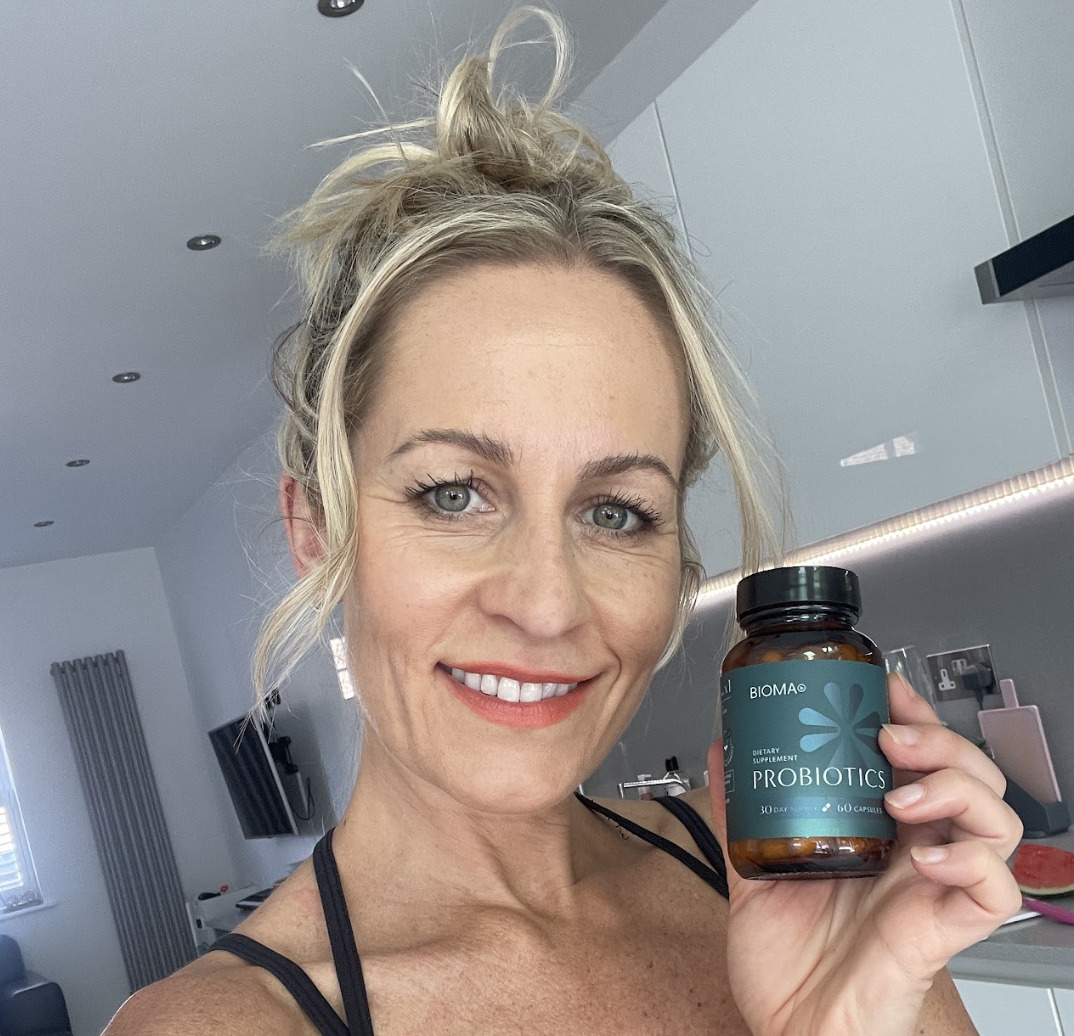Plant-Based and Gut-Healthy: Can Vegans Get Enough Probiotic Support?

When adopting a plant-based diet, it’s common to wonder if you’re getting enough of the nutrients your body needs. One essential aspect of health that’s often overlooked is the gut microbiome. A healthy gut is crucial for digestion, immune function, and overall well-being. For vegans, ensuring they get enough probiotics to support gut health can be a bit tricky, especially since probiotics are often associated with dairy and other animal-based foods. But don’t worry—there are plenty of plant-based sources of probiotics, and with the right choices, vegans can support a healthy gut just as effectively.
In this article, we will explore how vegans can get enough probiotic support for their gut health, how to address issues like bloating, and the role of plant-based diets in supporting overall gut microbiome diversity. We’ll also introduce the best probiotic for gut health and bloating and explain how it can complement a vegan lifestyle.

What Are Probiotics, and Why Do They Matter for Gut Health?
Probiotics are live microorganisms that provide health benefits when consumed in adequate amounts. These “good” bacteria help balance your gut microbiome, support digestion, and strengthen your immune system. They are essential in maintaining a healthy gut ecosystem, which is critical for overall well-being.
A healthy microbiome is linked to better digestion, improved mood, stronger immunity, and even enhanced skin health. On the other hand, an imbalanced microbiome can contribute to conditions like bloating, gas, and constipation. For vegans, ensuring they have enough probiotics in their diet can help maintain balance and prevent gut-related issues.
Can Vegans Get Enough Probiotics Without Dairy?
One of the concerns for vegans is whether they can get enough probiotics without consuming dairy products, which are often the go-to source of probiotics like yogurt and kefir. The good news is that vegans can definitely meet their probiotic needs through plant-based alternatives. Many fermented foods provide the beneficial bacteria necessary for a healthy gut microbiome. These include:
Sauerkraut: This fermented cabbage dish is rich in probiotics and can easily be included in a vegan diet.
Kimchi: A spicy Korean fermented vegetable dish that’s similar to sauerkraut but typically includes a wider variety of vegetables.
Tempeh: A fermented soy product that offers a great source of probiotics while also providing protein.
Kombucha: A fermented tea that’s rich in both probiotics and antioxidants.
Pickles: Naturally fermented pickles (without vinegar) can be a good source of probiotics.
Incorporating these plant-based probiotic foods into a vegan diet can help ensure that your gut microbiome is well-supported, even without animal-based sources.

How a Plant-Based Diet Affects Gut Health
Plant-based diets are naturally high in fiber, which serves as food for the beneficial bacteria in your gut. A high-fiber diet helps promote the growth of good bacteria while keeping harmful bacteria at bay. Fiber also supports regular bowel movements and helps prevent constipation—something that many people experience on low-fiber diets.
However, there are some challenges for vegans to be aware of. While fiber is great for feeding beneficial bacteria, it can sometimes lead to bloating or gas, especially if someone suddenly increases their fiber intake. In these cases, incorporating the best probiotic for gut health and bloating can help ease discomfort and support digestive function. Probiotics can help regulate the gut, reduce bloating, and improve overall digestion.
The Role of Probiotics in a Vegan Diet
While plant-based foods provide fiber and other nutrients that support gut health, probiotics are necessary for keeping the gut microbiome in balance. Without probiotics, the gut could become overrun with harmful bacteria, leading to issues like bloating, indigestion, and poor nutrient absorption.
Taking a high-quality, vegan-friendly probiotic supplement can help fill in the gaps and support digestive health. One example is Bioma Gut Health Probiotics, which is specifically formulated to support digestion, reduce inflammation, and promote a healthy gut microbiome. These probiotics contain strains that have been scientifically shown to help balance the gut and reduce bloating—making it a perfect addition to a plant-based lifestyle.

How Probiotics Help With Bloating
Bloating is a common complaint among vegans, especially those who are new to the diet or have recently increased their fiber intake. A sudden change in diet can lead to an imbalance in gut bacteria, causing the buildup of gas and discomfort. Probiotics work by balancing the microbial population in your gut, reducing the production of excess gas, and aiding in the digestion of fiber.
For vegans, adding probiotic-rich foods and supplements, like Bioma Gut Health Probiotics, can help alleviate bloating and improve overall gut function. These probiotics help break down fiber more efficiently, reduce inflammation, and promote the growth of beneficial bacteria, making it easier to digest plant-based foods without discomfort.
Scientific Studies Supporting Probiotics for Vegan Gut Health
There are numerous studies that show the positive effects of probiotics on gut health, including for those following a plant-based diet. One study found that probiotic supplementation could improve gut health and reduce bloating in individuals who consume high-fiber diets, which is typical for vegans.
Another study explored the relationship between probiotics and gut health in individuals following plant-based diets. The research showed that probiotic supplementation helped regulate gut flora and alleviate gastrointestinal symptoms like bloating and discomfort.

How to Incorporate Probiotics Into a Vegan Lifestyle
There are several ways to incorporate probiotics into your vegan diet. Here are a few tips:
- Eat more fermented foods: Add kimchi, sauerkraut, miso, and tempeh to your meals.
- Drink kombucha: This fermented tea is packed with probiotics and makes a great beverage.
- Take a high-quality probiotic supplement: If you’re not getting enough probiotics from food, a supplement like Bioma Gut Health Probiotics can help.
By adding these probiotic-rich foods and supplements to your diet, you can support a healthy gut microbiome and enjoy the digestive benefits that come with it.
Supporting Gut Health on a Vegan Diet
As a vegan, it’s important to be mindful of your gut health to ensure optimal digestion, reduce bloating, and support your immune system. By incorporating probiotic-rich foods and supplements like Bioma Gut Health Probiotics into your diet, you can help maintain a healthy, balanced microbiome and address common digestive issues that may arise on a plant-based diet.

Probiotics are an essential part of maintaining gut health, and with the right choices, vegans can support their digestion, reduce bloating, and keep their microbiome in balance.
Related articles






